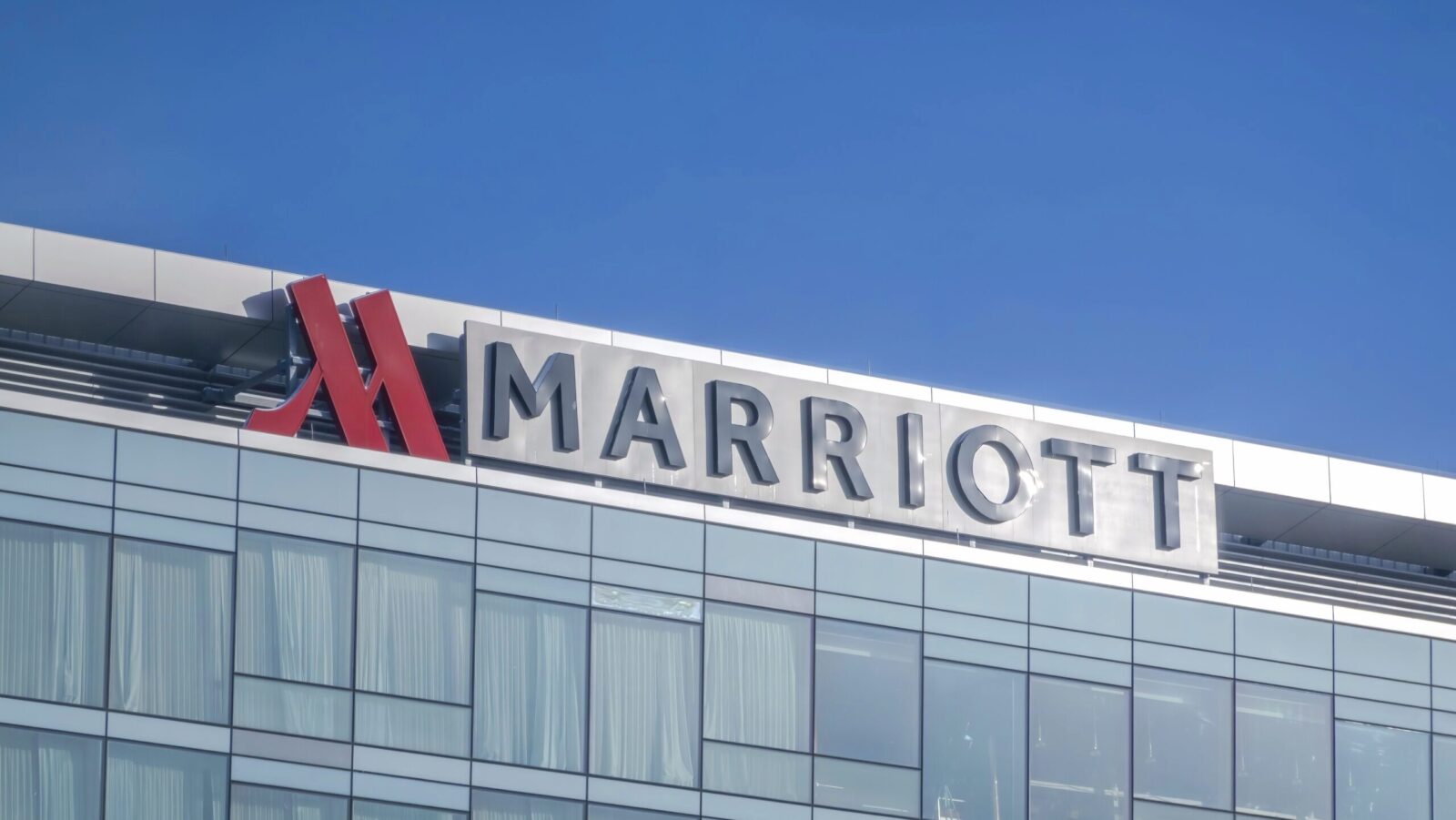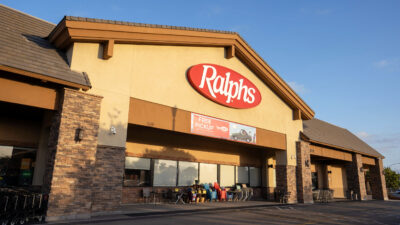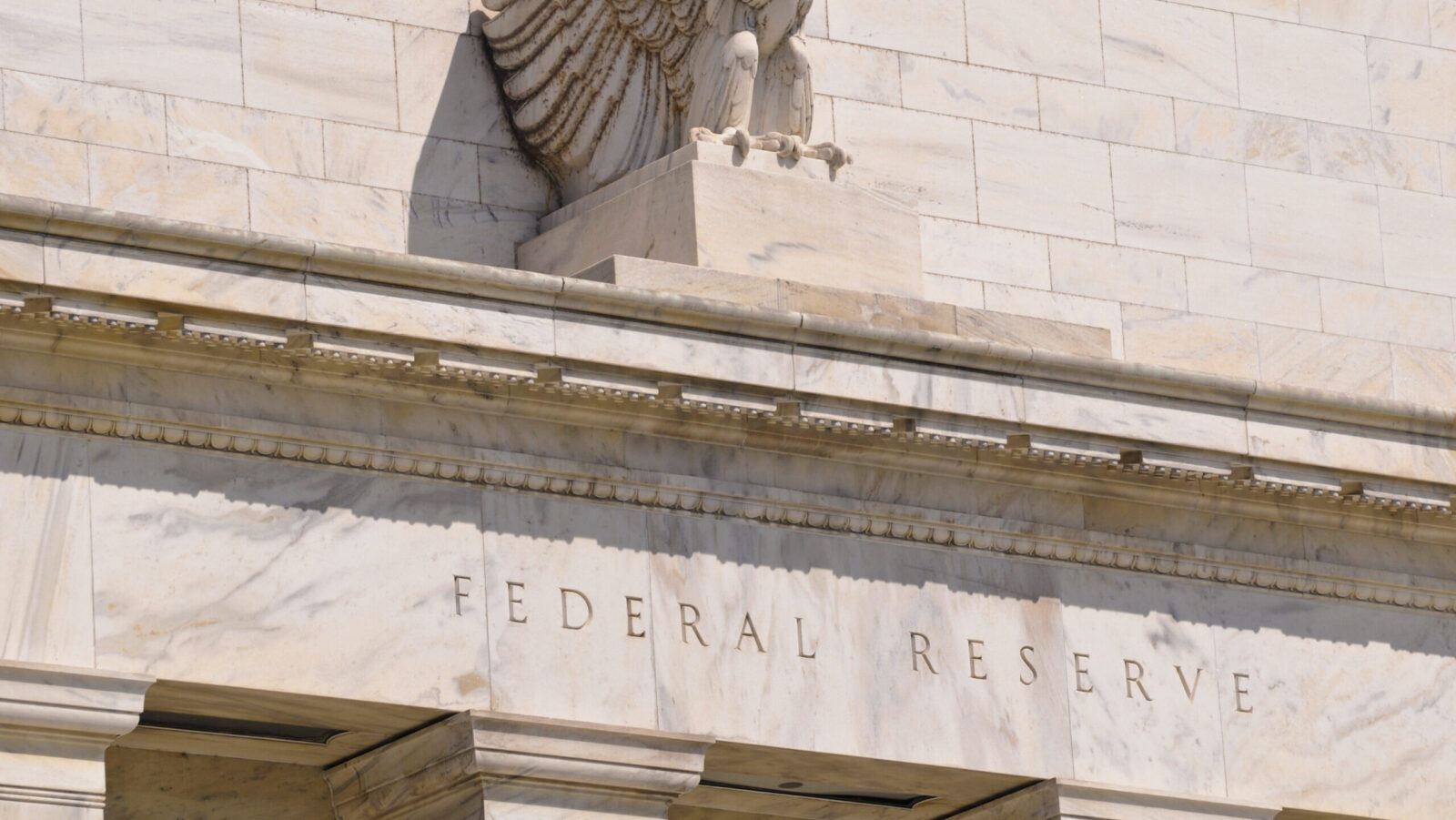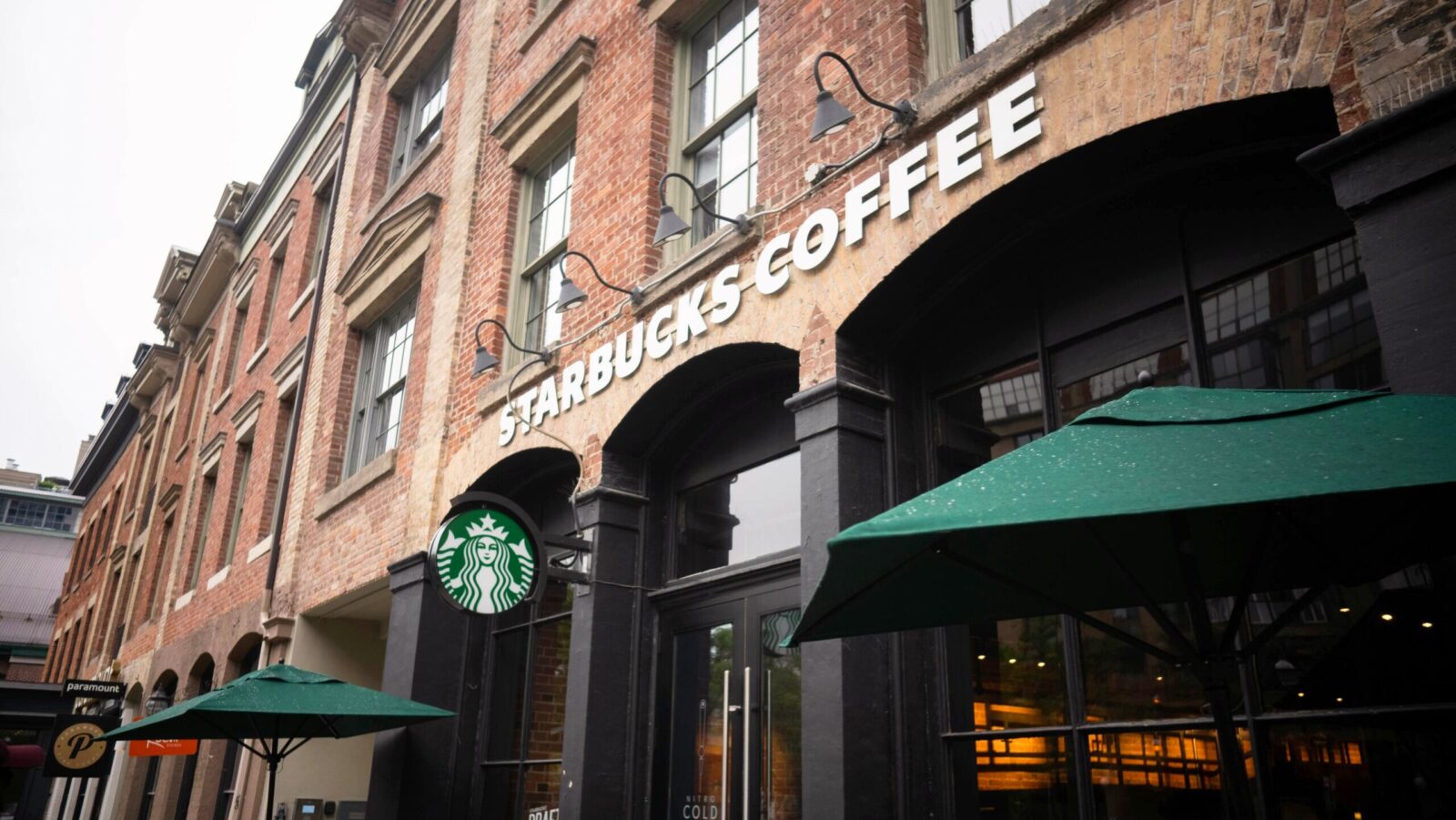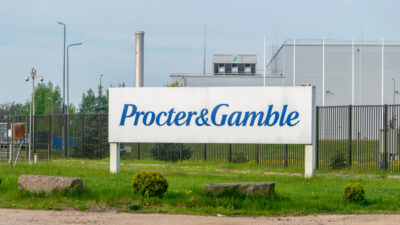Trump Admin’s MAHA Agenda Brings Politics to the Dinner Table
Most major brands in cereal, snacks, and drinks are putting out announcements about how they’re aligning with MAHA guidelines.
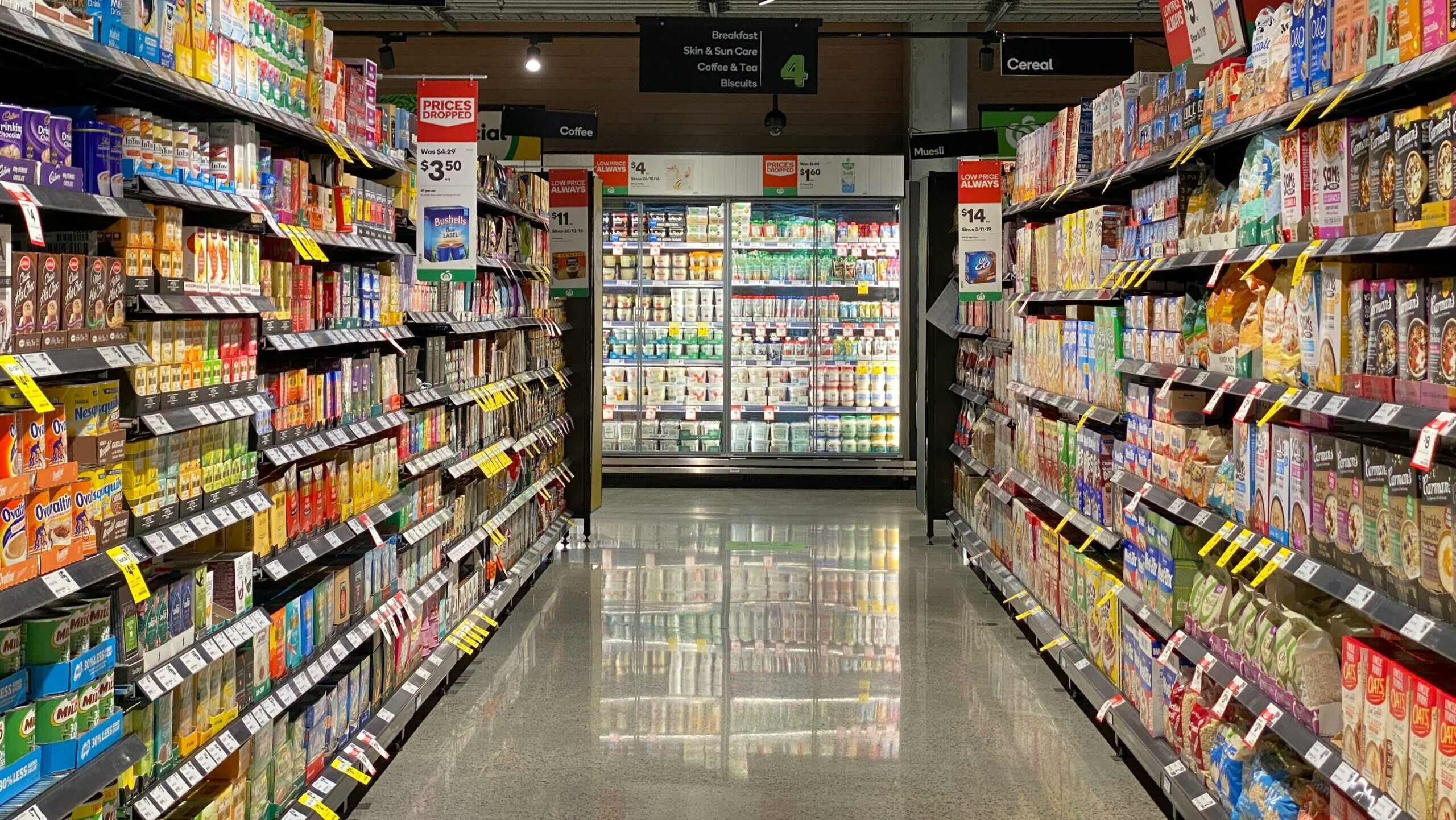
Sign up for smart news, insights, and analysis on the biggest financial stories of the day.
Major food brands are rushing to overhaul their ingredient lists before the release of the Trump administration’s second “Make America Healthy Again” report. The new report, which is expected to outline strategies for addressing claims made in the first, was supposed to go live this week but has been delayed.
Under MAHA, companies have been scrutinized for their use of seed oils, high-fructose corn syrup and artificial dyes. Whether or not MAHA’s health claims are accurate and its policies enforceable, the food and beverage industry is entering the conversation and trying to use the moment as a marketing opportunity, according to several reports Thursday.
Tuning the Brand Voice
Most major brands that shoppers see on cereal boxes, snacks, and drinks are putting out announcements about how they’re aligning with MAHA guidelines:
- Froot Loops-maker WK Kellogg and Lucky Charms-maker General Mills both plan to eliminate artificial food dyes from their cereals. Meanwhile, Coca-Cola intends to release a cane-sugar version of its soda in the US, and PepsiCo said it’ll do the same with its namesake soda (plus add some trendy probiotics).
- The impacts go beyond groceries. Fast food chain Steak ’n Shake turned its recent switch from vegetable oil to beef tallow into an advertising campaign, while Bloomberg reports Starbucks is looking into how it could swap out canola oil at its cafes.
But using MAHA as a marketing moment could backfire. American shoppers are increasingly discerning, with only about half trusting food companies and a growing number scanning food labels, according to Ketchum. Companies want to fix that relationship and get on the Trump admin’s good side. At the same time, getting too cozy with MAHA policies could alienate customers who disagree with the initiative’s claims.
Tastes Can Change: Chobani’s founders warned that ingredient swaps can be a lengthy process (supply chains aren’t shuffled overnight) and one that not all customers like, not just because of their political beliefs. Case in point: General Mills, which promised this summer to remove artificial dyes from all its cereals, previously removed dyes from Trix cereal in 2016. But the cereal brand brought back the vibrant colors following customer backlash. One customer called the reformulated Trix, which used natural veggie-based dyes, “basically a salad.”
